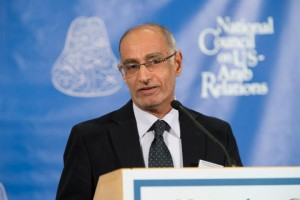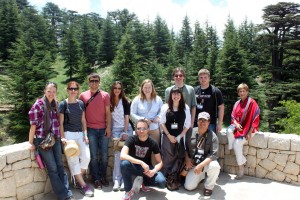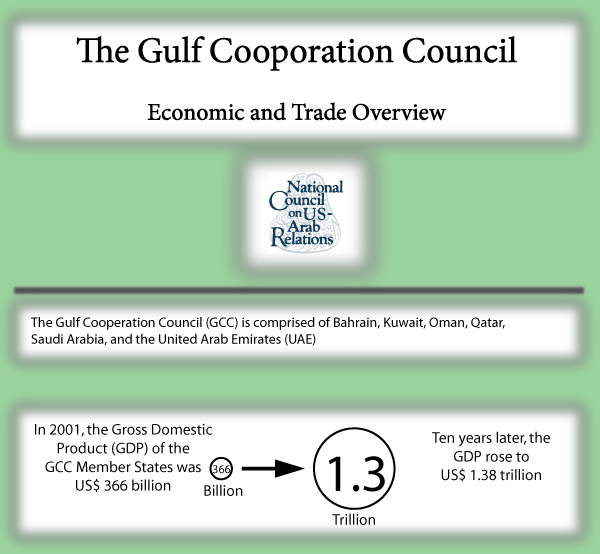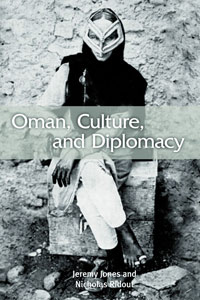
Dr. Abdulkhaleq Abdulla, Professor of Political Science, United Arab Emirates University (Abu Dhabi) and lead author, 2008 Arab Knowledge Report, at the 2012 Arab-U.S. Policymakers Conference
Dr. John Duke Anthony, Dr. Abdel Aziz Abu Hamad Aluwaisheg, Dr. Abdulkhaleq Abdulla, and Dr. Abdullah K. Al-Shayji gave remarks on “Policymaking Opportunities and Lessons Learned From Regional Geo-Political Dynamics: The Arabian Peninsula (GCC Countries and Yemen)” at the National Council on U.S.-Arab Relations’ 21st Annual Arab-U.S. Policymakers Conference. The conference, on the theme “Arab-U.S. Relations Amidst Transition within Constancy: Implications for American and Arab Interests and Policies,” was held October 25-26, 2012 at the Ronald Reagan Building & International Trade Center in Washington, DC.
Watch session in the C-SPAN Video Library





You must be logged in to post a comment.